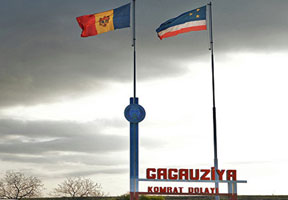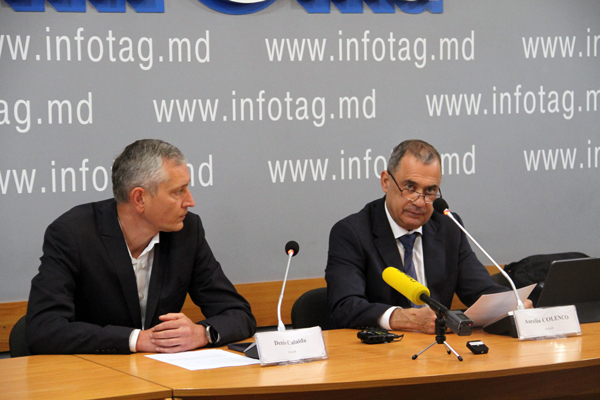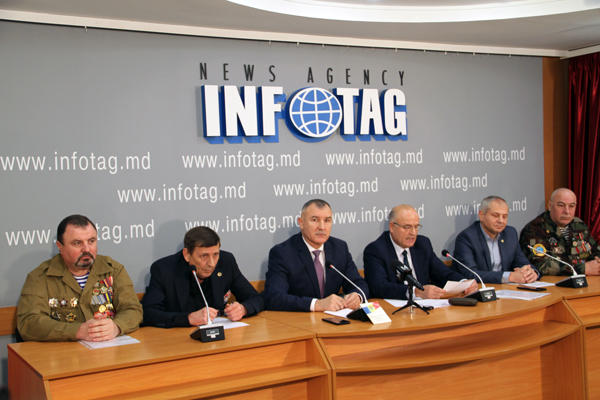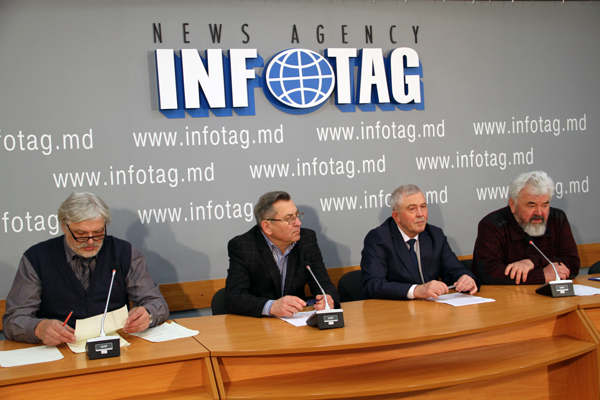Transnistria and Gagauzia
GAGAUZIA GETS LARGEST SHARE OF ASSISTANCE FROM EU – RESEARCH

The NGO “Piligrim-Demo” conducted a research, the results of which demonstrated that the largest share of external assistance the Gagauz autonomy receives, comes from the European Union.
The research was conducted by expert Veaceslav Berbeca of the Institute of Development and Social Initiatives (IDIS) “Viitorul” and Director of the Regional Economic Development Institute Alla Levitscaia within the project “Civil Society Development in Gagauzia”, financed by the EU.
According to the results, presented in Comrat on Tuesday, 58 projects worth 19.5 million euros were implemented in Gagauzia within the period of 2010-2016. Out of this sum, 42% belongs to the EU. Then Japan comes – 15%.
“Among the leading countries in terms of the volume of assistance, provided to Gagauzia, there is no Turkey, which was providing a considerable assistance at the initial stage of the autonomy formation. The assistance from this state entered the category “other countries”, which accounts for 17%”, Berbeca said.
Besides countries, the research points at the assistance from the European Bank for Reconstruction and Development (EBRD) – 13% and the European Investment Bank (EIB) – 13%.
The total sum includes credit funds, transferred to the autonomy. However, not the entire assistance, received by the autonomy, was included in the total sum. According to the Moldovan Government classification, the category of external assistance does not imply humanitarian, charity assistance, or the help received as sponsor funds.
Out of the total volume of external trade, 42% of funds went to water supply and sanitation services. Slightly fewer funds went to the government and the civil society – 32%, and 19% – to healthcare.
Ex-deputy of the Moldovan Parliament Alexander Stoianoglo expressed bewilderment concerning the fact that Gagauzia failed to receive a considerable part of external assistance due to the fact that the initial information was presented in English or Romanian.
“It is for the first time when a research says that the poor mastering of English and the Moldovan is a great obstacle to getting and using the donor assistance. If in Chisinau people write and read in three languages, in the autonomy there is only one language. This is our omission”, Stoianoglo said.
One of recommendations, provided by the research authors is to improve the knowledge of languages among the autonomy administration officials.
























Add Comment